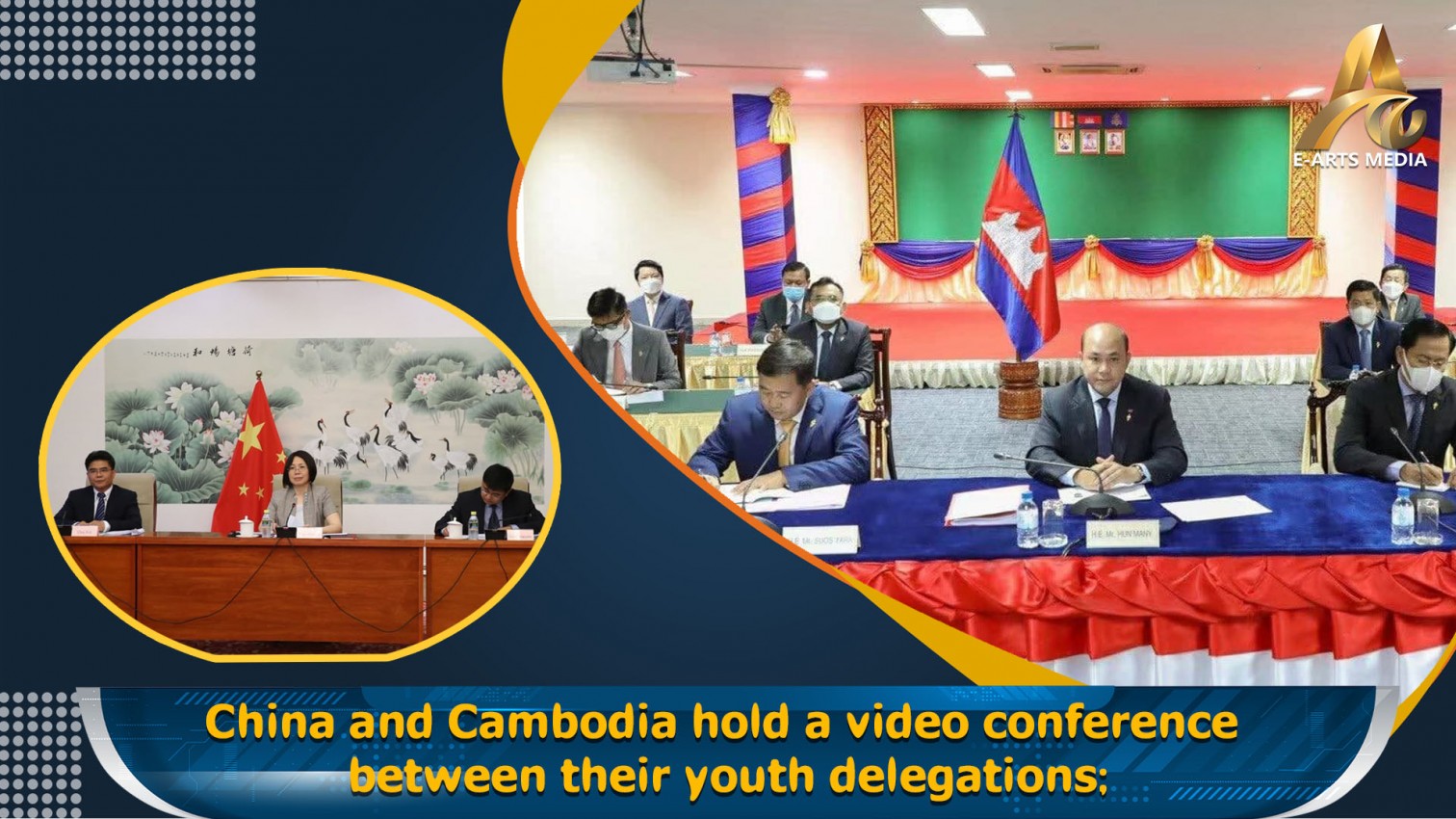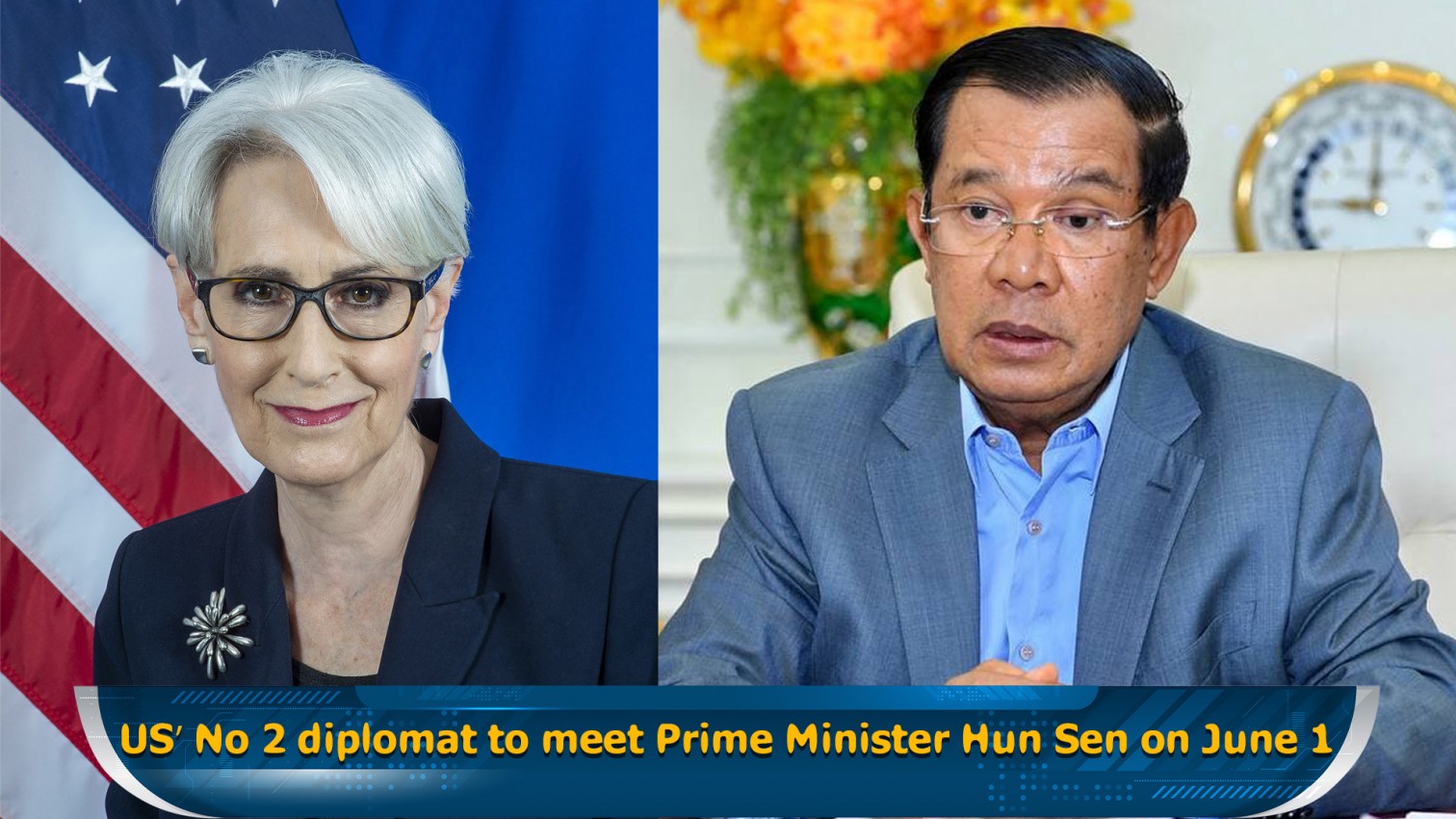PHNOM PENH: Cambodian Prime Minister Hun Sen called on NATO member states and US allies that have been signatories to the Cluster Munitions Convention, to take responsibility and help prevent any attempt to use the weapons in the Ukraine war.
In a Twitter post on the evening of July 10, the PM called on the United Kingdom, Spain, Germany, and Canada, all US allies and signatories of the Convention on Cluster Munitions, to join together and prevent US President Joe Biden and Ukrainian President Volodymyr Zelenskyy from using cluster bombs in the war against Russia.
His call is a response to President Joe Biden’s announcement last week that the US would be sending cluster munitions as part of an $800 million military aid package to Ukraine in its fight against the Russian invasion. The UK, Canada, New Zealand and Spain all voiced opposition to the move which Biden called a “very difficult decision.”
UK Prime Minister, Rishi Sunak, stated that as a signatory to the Convention on Cluster Munitions, Britain will not encourage the use of cluster munitions in war. He added that NATO still has many ways to help Ukraine without the use of cluster munitions.
Cluster munitions are a type of bomb that, when dropped, emit many smaller bombs that can kill without discretion. Another controversial feature of the weapons is their “dud rate,” which leaves behind unexploded ordnance that can affect civilian populations during and long after the conflict has ended. The US dropped cluster bombs in Cambodia during the 1960’s and 70’s and there are still estimated to be between five and six million unexploded bombs that threaten Cambodian lives more than 50 years later.
The Convention on Cluster Munitions was signed by 123 countries in Dublin, Ireland in May 2008. The Convention was enforced and became part of international law on August 1, 2010. Neither the US, Ukraine nor Russia are signatories of the convention, however, the cluster munitions approved to be sent by Biden do break a US law, which forbids the production, use or transfer of cluster munitions with a failure rate of more than 1%.

























